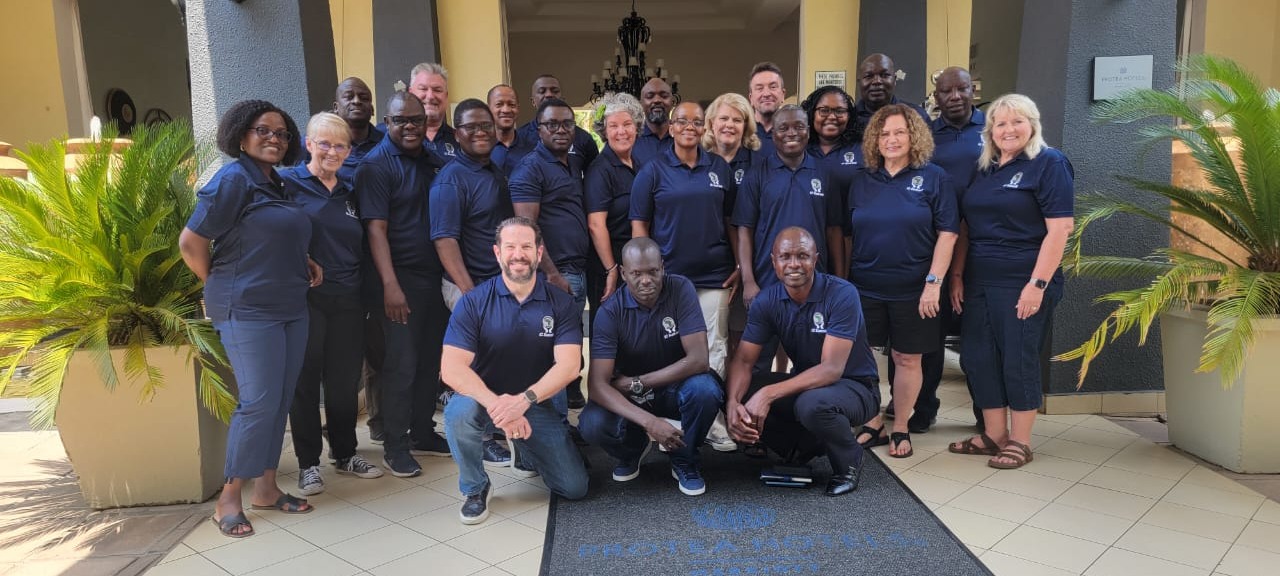By Kamundia Muriithi.
More than 42, 000 farmers from 12 cooperative societies in Mt Kenya region who underwent training on best practices in coffee farming were last month paid Sh630 million.
This was for the 7.3 million kilograms of cherry that they produced.
This was their best payout in five years as a result of a sharp rise in the production of premium grade coffee which increased by more than 75 per cent in the 2016/2017 year.
The farmers, from Nyeri, Murang’a, Embu, Kirinyaga, Kiambu and Meru counties are beneficiaries of Nestlé’s Nescafé Plan training programme.
Farmers from Karithathi society in Kirinyaga received the highest pay at Sh103 per kilogram followed by Murue Society in Embu and Kangunu society in Murang’a at Sh101 and Sh90 respectively.
Nescafé Plan Project Manager, Peter Kimata said on average the 12 cooperative societies paid their farmers Sh87 per Kilogramme compared to an average of Sh42 paid five years ago when total payment stood at about Sh200 million.
Speaking during a visit to Murue society in Embu North, Kimata said farmers who diligently followed the training enabled the increase in production of premium grade AA, AB and PB coffee.
Kimata explained that Nestlé in partnership with Coffee Management Services (CMS) Ltd introduced the Nescafé Plan programme in Kenya in 2011 as a way creating shared value after realizing that farmers were abandoning the crop and the quality of coffee produced then was plummeting.
“The programme aims to improve the quality and quantity of coffee production, connect farmers to market and improve their living standards,” said Kimata
He said between 2011 and 2016, the Societies recorded 83 percent rise in coffee production while the quantity of coffee produced per tree increased from 2.5 kgs to 13 kgs for farmers adhering to training offered.
A farmer, Dancan Kamau, 35, from Gituara area in Embu North said after the training he resolved to take Coffee farming seriously.
“Murue cooperative has also been offering improving rates every year. Thus I was motivated and tended my coffee the best way I could. In 2012 I had 500 kgs which increased to 900 kgs in 2014 and to 1,200 kgs. I expect to harvest 3,000 kgs this year,” said Kamau.
Grace Njura from Kavutiri area has a similar success story from his 290 stems.
Njura who left employment as a health statistician to concentrate on farming harvested 3,200 kgs up from 1,000 kgs in 2009.
The mother of four who has planted SL and Batian variety attains an average of 20kgs per bush and sells to Murue society.
According to Kimata, Nestlé spent about Sh71 million in the implementation of the Nescafé Plan between 2011 and 2016 and will be spending over Sh11million in the implementation of the programme in 2017.
Farmers are trained on pest and diseases control, fertilizer application and spraying, climate mitigation measures, prevention of soil erosion, weeding, and milling.
“The programme has also incorporated a ‘Women and Youth in Coffee’ component to empower women and young people to farm and take up leadership positions in coffee farming and management”, said Kimata.Currently, about 25percent of new farmers in Nescafé Plan are between 18 to 35 years and over 6,000 of the total farmers are women -which shows an increased participation of both youth and women.
Nestlé Equatorial Africa Region Head of Corporate Communications and Public Affairs Brinda Chinia said Nestlé now projects a further increase in coffee yields after successfully distributing over 340,000 seedlings of high yielding and disease resistant Batian coffee variety.



